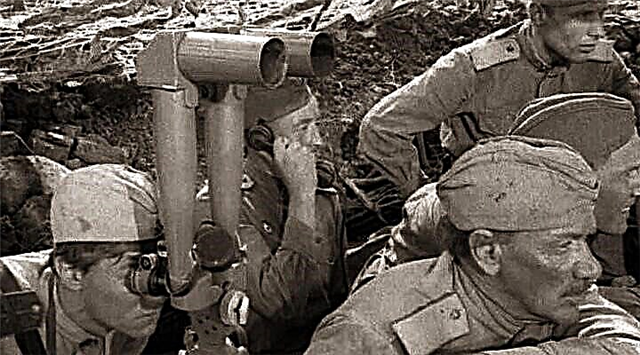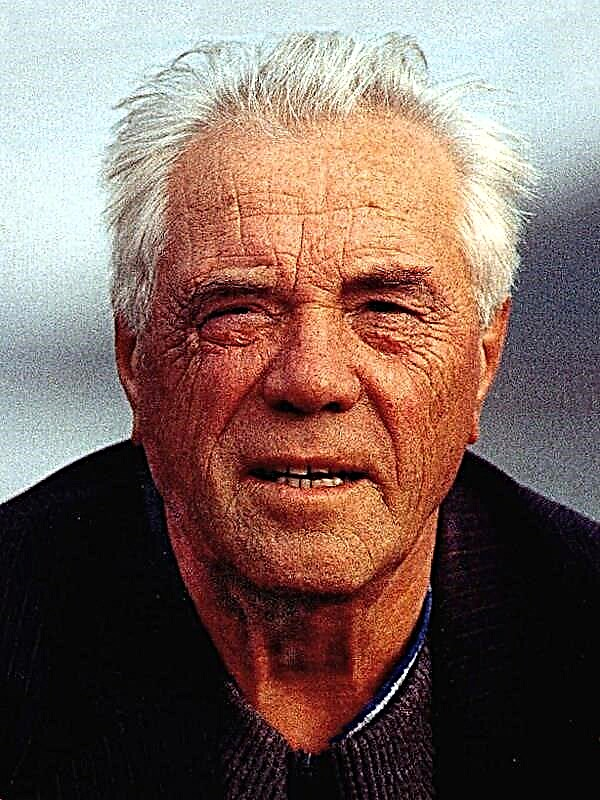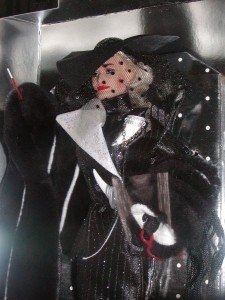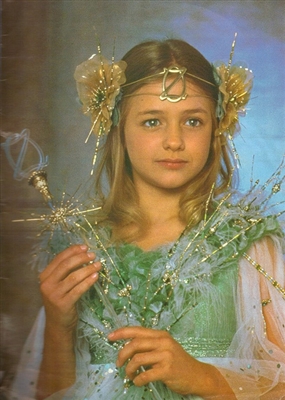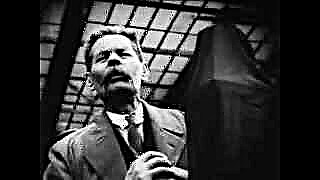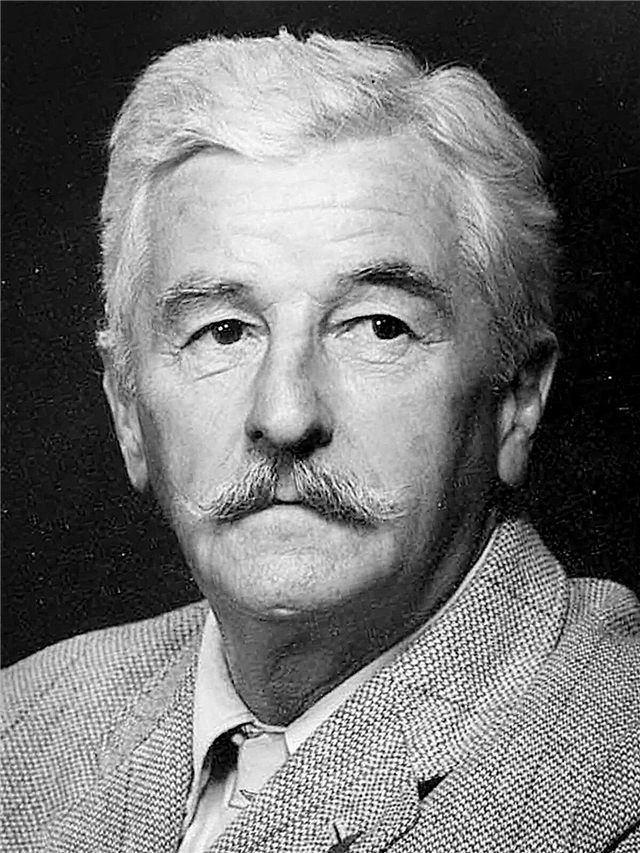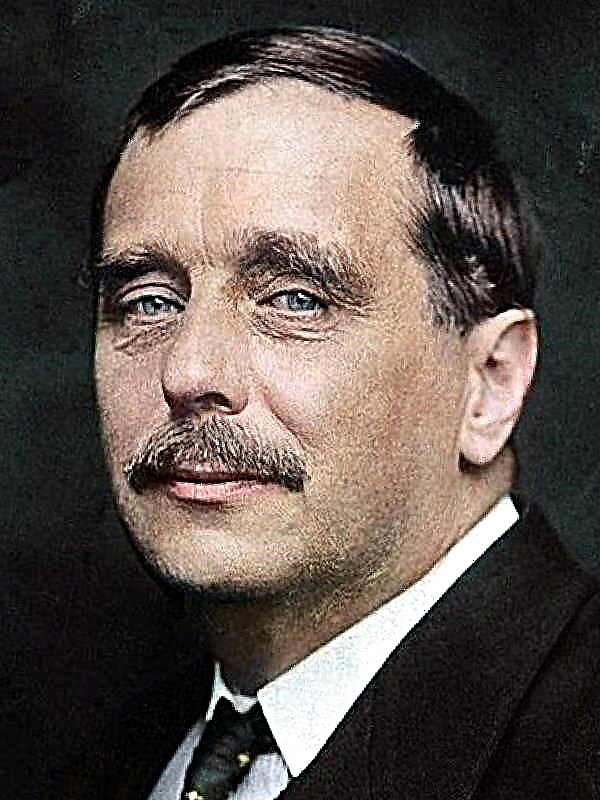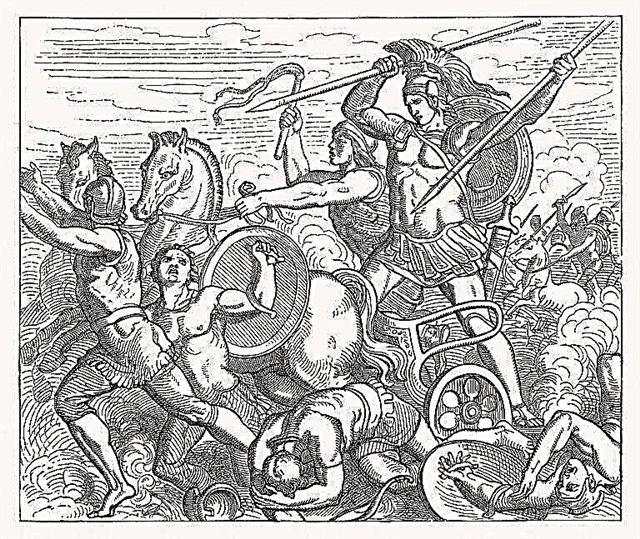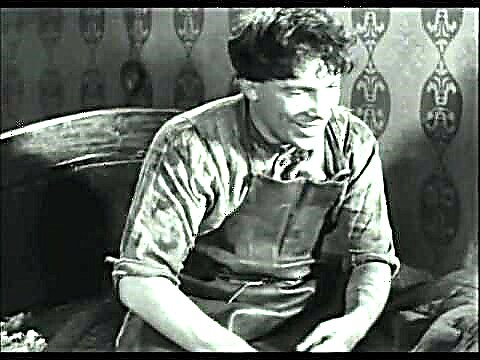Brodsky was a true master of the pen. His poetry has a strong philosophical foundation and a certain middle ground between politicism and apoliticality. A great influence on his work was made by acmeist poets. He was a recluse of his genius and a captive of his caustic poetry. This phenomenon is perfectly traced in his poem "Room".
History of creation
This work was written in 1970. This year is full of various political events around the world. Also, the 1970th year was the beginning of the “Age of Stagnation” period in the USSR, which encompassed both the social and economic spheres. There was such a thing as stagnation. The leadership of the Soviet Union was also charged with establishing a “fascist dictatorial regime” and “deep-rooted neocolonialism” by the Chinese leader Mao Zedong.
At the time of writing the poem "Room" Brodsky was at a fairly young age. He was only 30 years old. Moreover, his mental maturity exceeded his physical age. No wonder, after all, this is a poet with a very difficult fate. In the winter of 1964, he had already had to lie in a psychiatric hospital for “examinations” twice. According to him, it was worse than exile or prison. This left a big imprint on his work, in particular on the writing of the “Room”. In 1972, Joseph Brodsky was forced to emigrate to the United States. He was objectionable to the Soviet regime. The work “Room” reflects the state of the author, who was under eternal pressure from the government. He had to live in a limited space, to be, in a sense, a hermit and an outcast, hiding from chaos and lawlessness in his room.
Genre, direction, size
This poem can be attributed to such a direction as metaphysical poetry and postmodernism. Distinctive features of these characteristics are irony, semantic versatility and leveling of the author’s beginning. These signs can be found in this work.
The work has a broken size, namely this seven-foot iambus intertwined with a pyrrhic. When writing the poem “Room”, Brodsky used a parallel rhyme.
The genre of “Rooms” is an appeal, because the narrator appeals to the reader, convinces him, creating the illusion of dialogue.
Images and Symbols
The central place in the poem is occupied by the room, which the author animates and endows with human features. This is a kind of living and thinking fortress, in which the lyrical hero takes refuge from mass hysteria and state madness. She guesses what a disgraced resident looks like, but you can trust her, apparently. He does not see the point in leaving it because the whole Soviet system, built on the suppression of personality and its best qualities, is meaningless.
He barricades in it from: “chaos”, “eros”, “space”, “race” and “virus”:
- While the narrator is in his room, time (Chronos) for no one stops.
- He does not need love ("Eros"), because he is deprived of this feeling, he found comfort and coziness alone.
- "Virus" - A massive domestic epidemic, depriving people of the right to vote and paralyzing their lives.
- "Race" - This is a type of “Soviet man” artificially created by Soviet ideologists and propagandists, which does not depend on the nation, being the bearer of a common mentality for all. Due to the scale of the cloning of these people, the author speaks of a whole race that should be avoided in order to preserve individuality.
The lyrical hero does not see the need to leave the confined space, because after returning he will become morally “mutilated” from what he saw. He calls to be limited not only in space, but also in words, or rather in letters: “You wrote a lot of letters; one more will be superfluous, ”so as not to write something that is not permissible in terms of censorship. It's no secret that the reason for his compulsory treatment was creativity. At the court, the poet was recognized as a parasite, that is, unemployed. Brodsky said that he was a poet, but judicial officials reasoned that if no one appointed him to this position, then it should not be considered a profession, to which the defendant stated that literature was a vocation. So he ended up in a house for the mentally ill.
The lyrical hero is against a totalitarian state regime, and he despises those who are ready to come to terms with this: “Don't be a fool! Be what others were not. ” With these lines he proves that the only salvation from the vicious circle of reality is the individuality that a person comprehends and develops alone with himself.
Themes and Issues
The art of Joseph Brodsky amazes, terrifies and at the same time fascinates with gloom and decadence - the main motives of this poem. In his works, he described the "Sunset of the Soviet era" - this is a rich social, political and philosophical problems. Here is the degradation of people tired of suppression, and the loss of the meaning of being and communication with society, and the all-consuming fear of being in the millstones of the system.
The main problem of this work is the chaotic state of the outside world. In it, a person has no support, no hope and faith in the future. He closes in himself and fenders off everything that can violate his flimsy inner harmony - asceticism alone with a wall and a chair. There is also an eternal problem of freedom of speech. The lyrical hero is limited in words, being under the yoke of the state.
Main topics: poet and poetry, man and society.
Meaning
The meaning of the poem "Room" is that a person is forced to be in a confined space, hiding from the outside, boiling madness of the world. For the lyrical hero, loneliness is the only way out not to go crazy and not to become infected with a “virus”. He does not like the current era and society, living "double standards." There, on the street and in neighboring apartments, there are only “sofa commentators”, “room philosophers and speakers” and “kitchen politicians” who condemn the eyes, but with each of their actions support the hateful regime.
In addition, living alone with a wall and a chair provides the individual with the right to identity. In such an environment, a person may not be distracted by temptations like eros, but create, think, artificially synthesize the missing freedom and revel in it, forgetting and getting rid of fuss.


